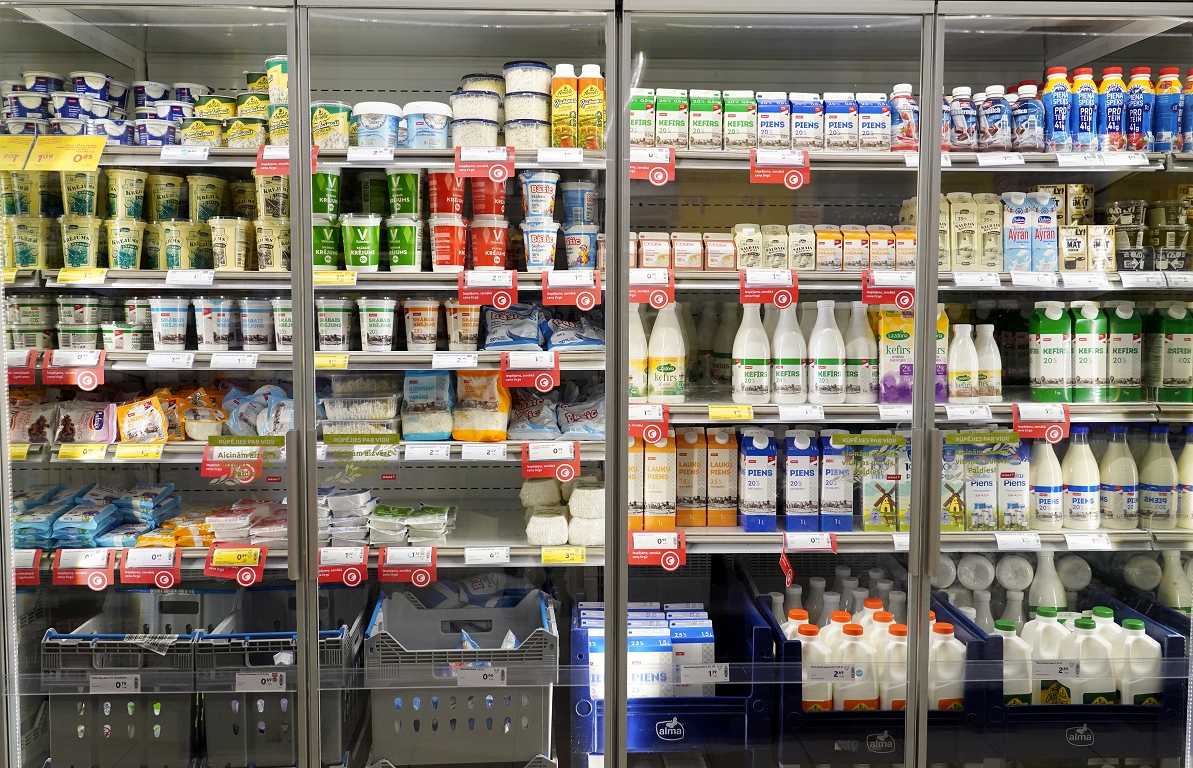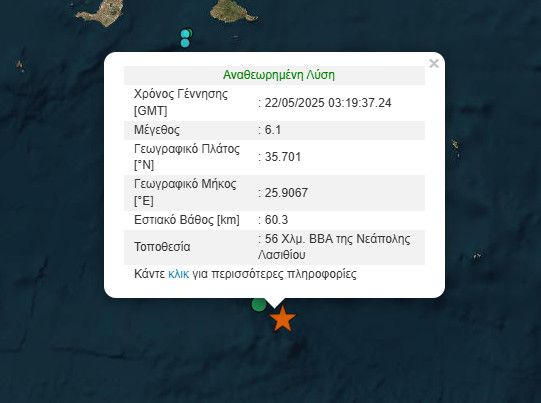With merchants, we are still hoping to agree on food price reduction / day

Economy Minister Viktors Valainis (ZZS) called on the commission to return to this issue on Tuesday, May 27, that « either on Tuesday there are agreements between the parties involved and the memorandum, or we move on to the bill.
The head of the commission, Kaspars Briškens (P), said he was scheduled to see questions about port reform on Tuesday, so he offered to return to the issue of food prices on Wednesday, May 28.
The Parliamentary Secretary of the Ministry of Economics (MoE) Jurģis Miezainis said at the commission meeting that the memorandum is currently providing three directions for restricting food prices – low -priced food baskets, price comparison tools, as well as promotion of local products.
According to Miezainis, the creation of a low -priced food basket would provide at least one product with the lowest price in a particular category in the relevant retail chain. Similarly, the lowest prices with some regularity would be replaced with other products from the same category.
The price comparison tool would promote competition by comparing consumers by comparing food prices. At the same time, the operation of such a tool requires traders’ cooperation, noted Miezainis, pointing out that the promotion of local products requires cooperation between manufacturers and retailers, as well as campaigns for promoting local products.
Miezainis said that with the memorandum’s commitment to promote the availability of basic groceries for Latvian residents, especially taking into account households with lower income. The commitment also intends to increase the assortment of domestic food products and their trade volume, as well as improve cooperation between retailers and producers. The parties would also be committed to supporting economic growth and sustainable competition in the food supply chain.
If the Memorandum is respected and the parties involved undertake to ensure the price reduction itself, the EM shall undertake not to direct the punishable change and price regulation of the bill, Miezainis said.
At the same time, Valainis said that the bill drafted by the EM had enabled serious negotiations with the industry on other alternative food price reduction solutions. Among them, on May 16, the parties had a conceptual understanding that the Memorandum’s agreement is to be achieved and it is necessary to agree on the final details of the Memorandum in the near future.
Deputy Janis Patmalnieks (JV) expressed his dissatisfaction at the commission meeting that discussions on the Memorandum were taking place, but MEPs did not see such a document.
Valainis pointed out that if the parties involved were to agree on the signing of the Memorandum, the text of the Memoranda would also be sent to members of the Saeima Commission before the next meeting.
Jānis Endziņš, Chairman of the Board of the Latvian Chamber of Commerce and Industry (LCCI), said that the bill currently proposed by the MoE will not address the food price topic, so there was an offer to exchange the law for a voluntary agreement.
Endzins said that « we are close to all the parties involved in the memorandum to sign ».
Miezainis emphasized at the commission meeting that the issue of reducing food prices was one of the highest priorities of the EM.
Deputy Secretary of State for the MoE Eddie Shaican emphasized at a commission meeting that food prices are rapidly reflecting on the rise in different raw materials, but not returning to the previous levels.
He also emphasized that food prices in Latvia exceed the average level of the European Union (EU) – at present the food price level in Latvia is 6% higher than the EU average, but the income of the population in Latvia is 60% of the EU average.
Uldis Rutkaste, Head of the Bank of Latvia’s Monetary Policy Department, said at the commission meeting that at existing manufacturers’ prices, consumer prices had to be lower, and in recent years prices have risen faster than manufacturer prices on store shelves.
Rutkaste said at the end of 2024, the rise in profit margins was observed throughout the food supply chain – from manufacturers to processors and traders.
He also pointed out that « food inflation is currently uncomfortable above the historical average ». At the same time, the rise in food prices is only partially based on the rise in raw materials and labor costs.
It has already been reported that in March this year, the Saeima’s Economic, Agricultural, Environmental and Regional Policy Commission called for the MoE to review and evaluate amendments to the Law on Failure Trade Practice.
At the commission meeting, the Saeima Law Office called for the MoE to review the amendments to the bill, as there were several risks of the Constitution.
It is also reported that the bill developed by the MoE is to promote fair trade practices and to ensure equal competition in the retail market in the grocery product, as well as to balance cooperation in cases where the agricultural and grocer buyer, which is economically stronger, is used unfairly, thus damaging the supplier.
The draft law provides for the addition of a list of unfair trade practices with equal treatment, non -discrimination of the buyer.
The MoE points out that the norm contained in the draft law would directly prevent a different approach from agricultural and grocer buyers to apply significantly different conditions of cooperation and trade, including mark -ups, one supplier or supplier groups, compared to equivalent goods of other suppliers.
The regulation would provide justice and transparency in relations with suppliers, reducing the risk of inequality or discrimination, also improving cooperation as a whole.
So far, it is planned to clarify the existing manifestation of unfair trade practices for unilateral amendments to the contract, as well as to review liability for the implementation of the law, increasing the penalty to 4% of the net turnover in the last reporting year, but not less than 700 euros.
At the same time, the list of unfair trade practices has been supplemented with proposals submitted by the Ministry of Agriculture, which provides for the definition of the forecast of agricultural and food goods, as well as prohibiting the application of unilateral sanctions and imposing cases in which they are not applied.
It is also planned to delete the right to agree with the manufacturer or producer cooperative society for longer settlement terms for fresh vegetables and berries, which are delivered at least three times in one calendar week, which is longer than 20 days after delivery.
At the same time, the Competition Council (CP) will be entitled to impose a fine on the buyer and the retailer of non -food goods up to 4% of its net turnover in the last reporting year, but not less than 700 euros. The CP will be able to reduce the total fine if there are emollient circumstances in responsibility, such as the market participant on his own initiative has provided complete and genuine information or evidence, which is essential to finding the infringement.
In the event of amendments to the law, changes to the amount of the fine will enter into force on 1 July 2026. The bill has yet to be seen in the Saeima.








